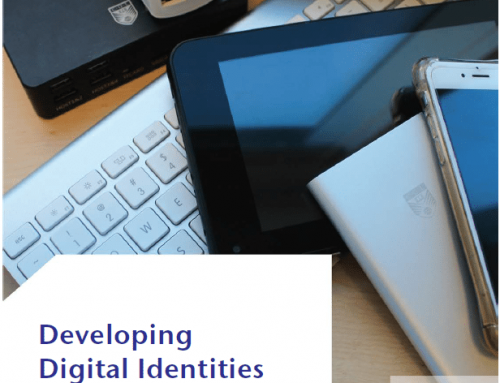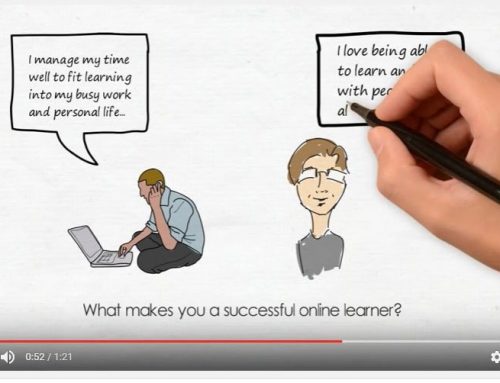I attended the Intrallect conference in Edinburgh yesterday – Open Educational Repositories – Share, Improve, Reuse. It was a two day conference but unfortunately I was unable to attend the first day.
I delivered the keynote presentation on the research study report Good ntentions:improving the evidence base in support of sharing learning materials and later ran a Workshop on open educational resources (OERs) with my friend and colleague Sarah Currier. I had a great day and the buzz throughout the day was great.
I welcomed the opportunity to talk about the Good intentions study as it was released just before the Christmas holidays and didn’t have a very high profile. The outcomes of the study were a report and a series of business cases and I’ve discussed it before in a previous ‘sharings’ post. The presentation slides are on slideshare and is also available on the intrallect website.
On April 1st this slideshow was featured as a spotlight on the Education page!
It was the first time we had the opportunity to present the study to others (apart from delivering the report to JISC and our group of eminent critical friends) although it was included in the references list of the recent JISC OER call.
It generally received a very positive reaction and the business cases (presented in a series of tables) were noted as potentially very useful. In fact it has been my intention to develop these tables into a usable tool for institutions and managers of repositories to use to help identify which models of sharing (both formal and informal) are most approrpriate – depending on which benefits they hope to achieve. Whilst the tables can be used to do this a user firendly tool could really make this information more accessible. I hope to talk to JISC further about this.
One of the slides identifies our approach to developing the business cases and highlights why we think they are useful to a range of stakeholders – they could:
- be a mechanism to help people decide which business model/s to adopt as appropriate
- offer a process to automatically generate a context specific business case to support funding requests
- encourage an approach which starts with the needs (required benefits) not a preferred model
- emphasize that no one model fits all and often a combination of models may be appropriate depending on the context
- help to prioritise benefits and recognise that by making some business model choices certain benefits are more difficult to achieve
- support a dialogue within institutions by identifying what benefits the institution and wider community already enjoy from existing sharing activities
One of the areas we focussed on in the study was Open Educational Resources (oers) and in the workshop session later in the day several people highlighted their need to encourage academics to share and consider opening up their learning resources. During the discussion we agreed that giving people a choice in how open they wanted to be (ie who they feel comfortable sharing with) was key to encouraging sharing. This was reflected in the research study by several of the models we looked at. It was also suggested by one of the delegates that if we changed the word ‘share’ to ‘publish’ that academics may be less reluctant to deposit content in repositories. We also talked about letting students have access to repositories, trying to consider how we can make our contant available in their spaces, and the inportance of services to support and enhance teaching practice through Communities of Practice (CoP) approaches.
Great discussions – thanks to all for your input on the day. The photo to accompany this post is a polaroid shot of a picnic which we shared at a flickr meetup…







[…] has later been borne out by the JISC funded UKOER Programme. I have written about this and link to a keynote presentation about […]